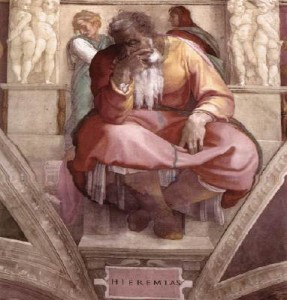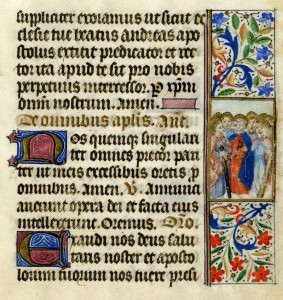Deuteronomy 26:1-11
This text is used for the Lectionary Year C on February 14, 2016.

In 2008, America’s Olympic dreams were dashed when both the men’s and women’s relay teams dropped their batons. Everyone in the world expected—no, everyone in the world knew both the men’s and women’s relay teams would win. They were winning—and then, they dropped the batons. In the same way, the nation of Israel was coming into the Promised Land. God was keeping His promises to His people to bring them to a home of their own. What a journey it had been! Their very identity had been defined in the trials and triumphs of that journey. Now, how does the nation pass on this faith to a generation that wasn’t part of the journey? How do you pass along the faith to a generation that wasn’t part of the very events that informed and confirmed that faith?
What does one generation have to do to be sure the baton is passed to the next generation?



